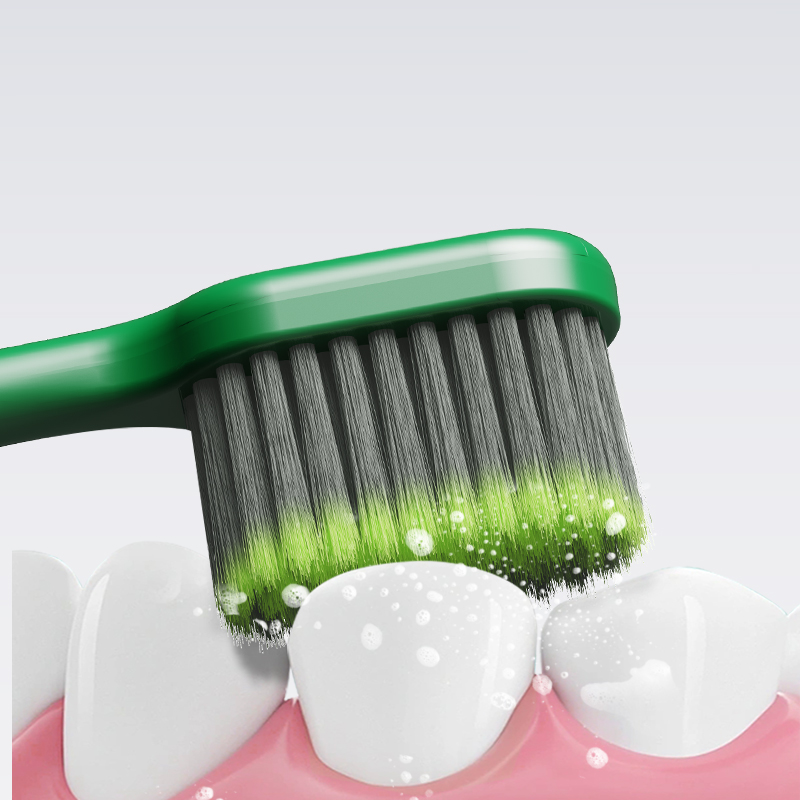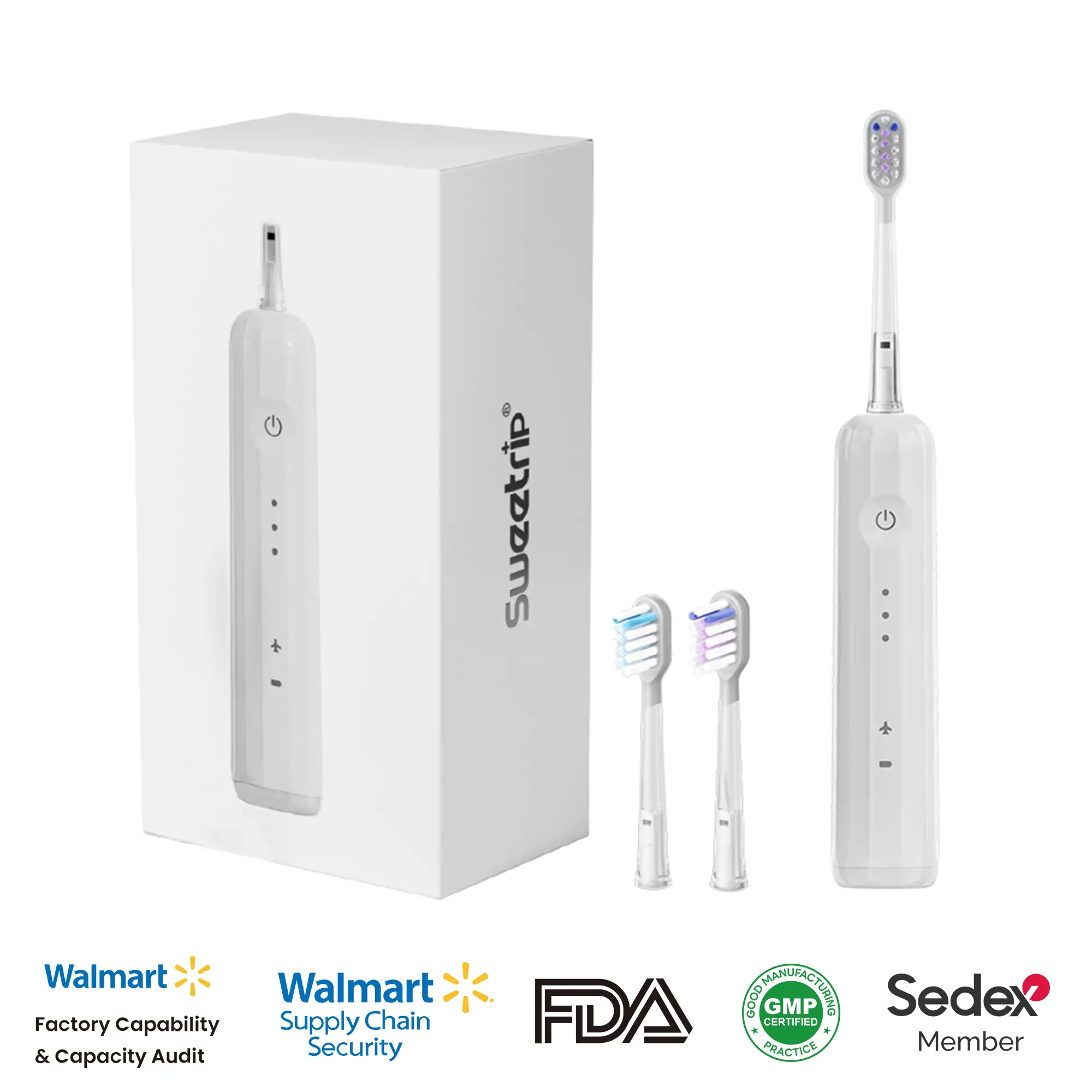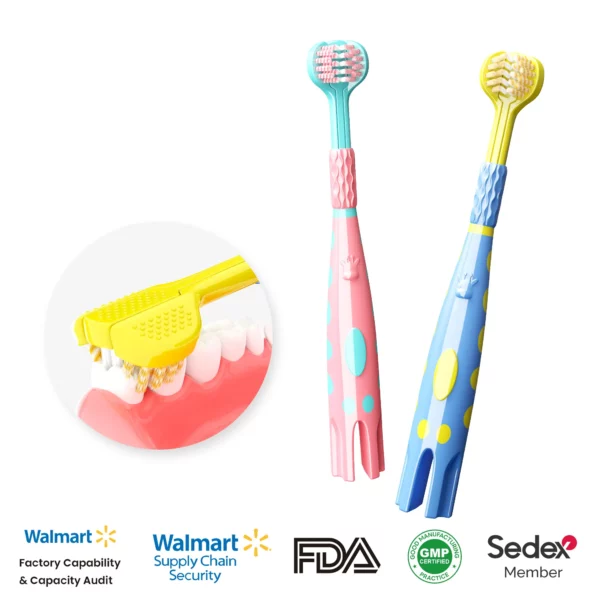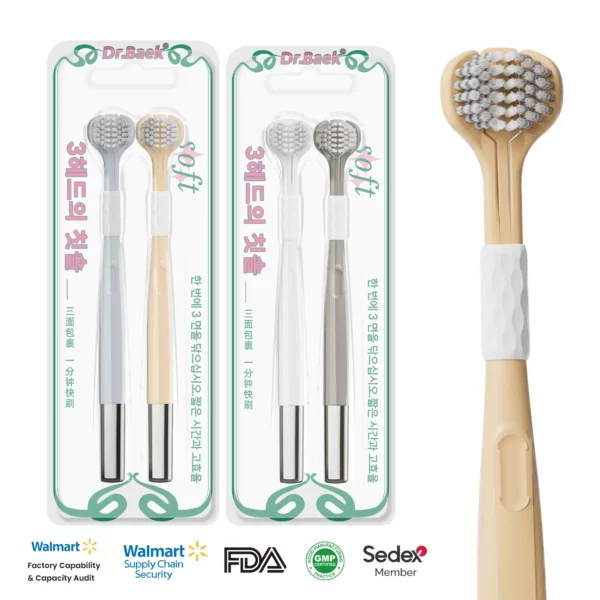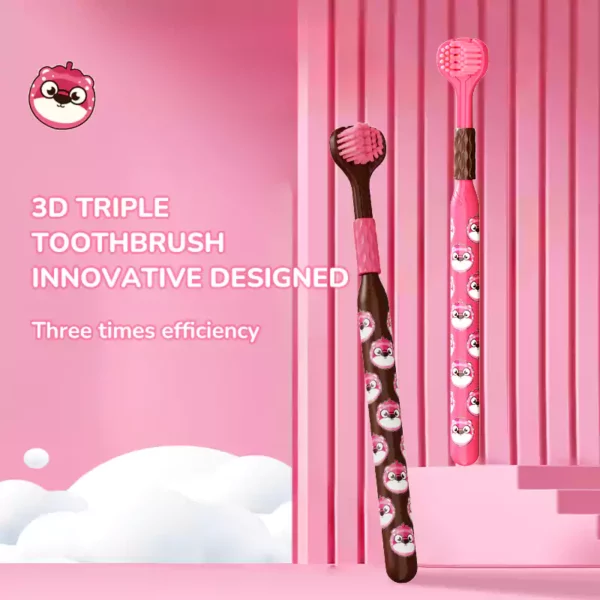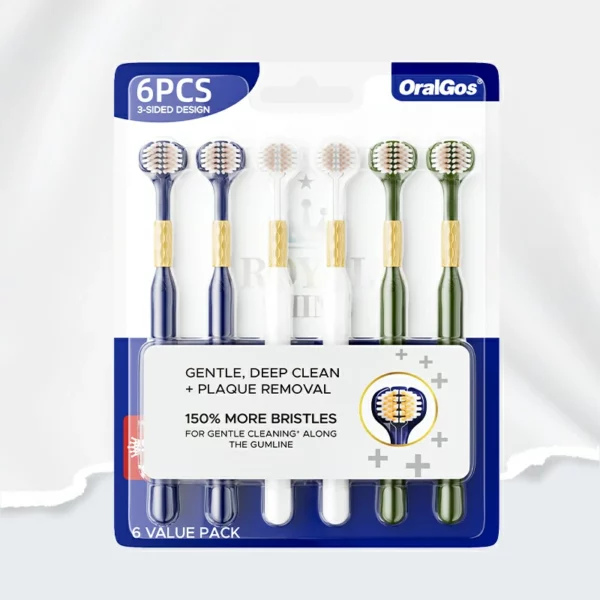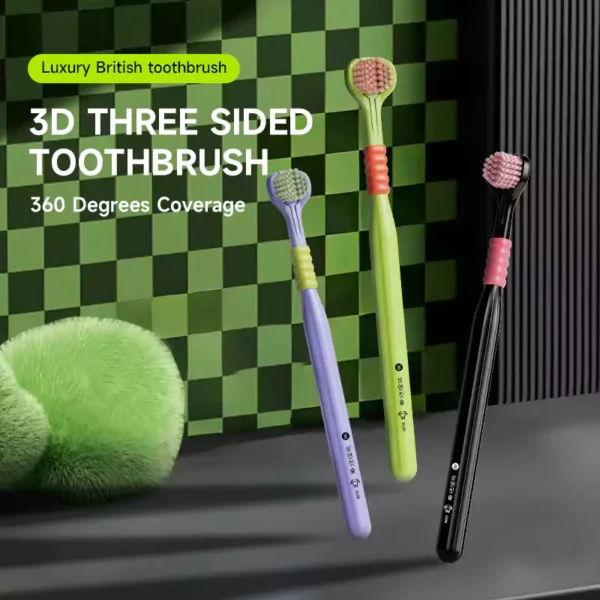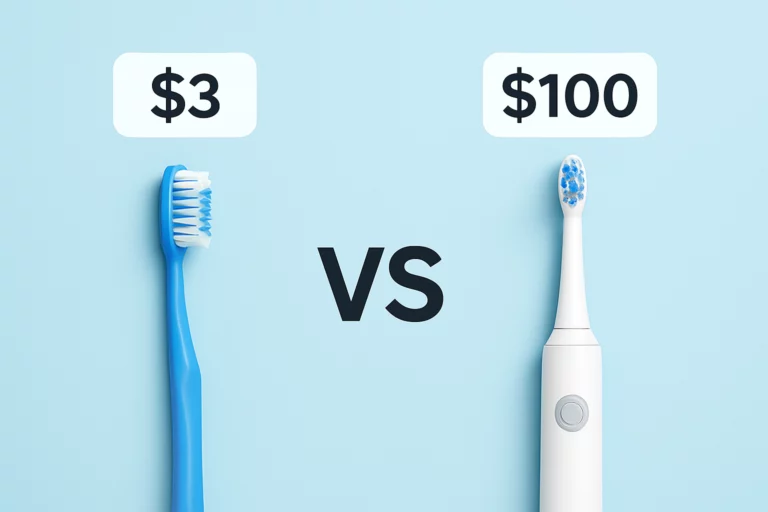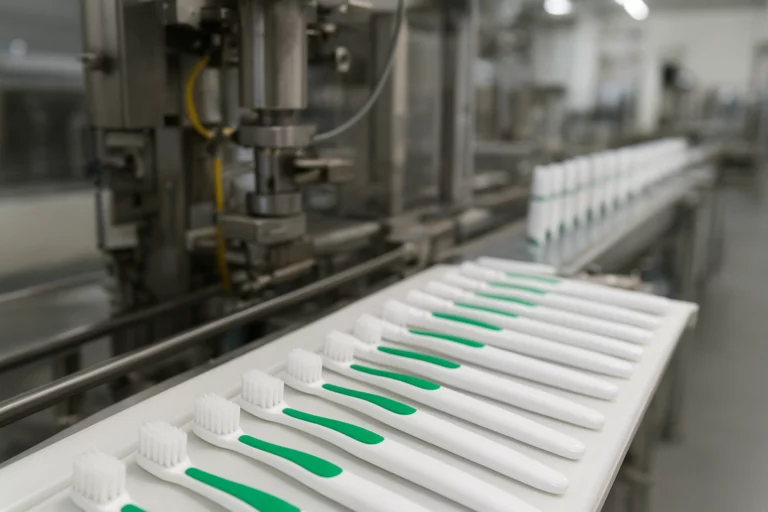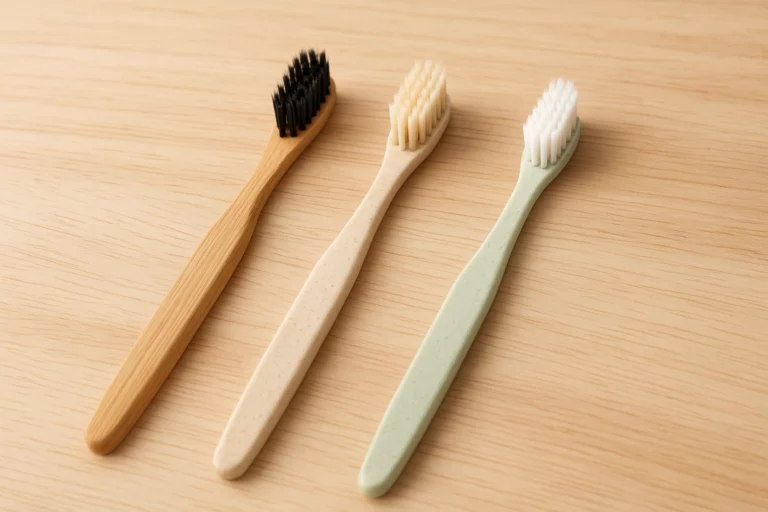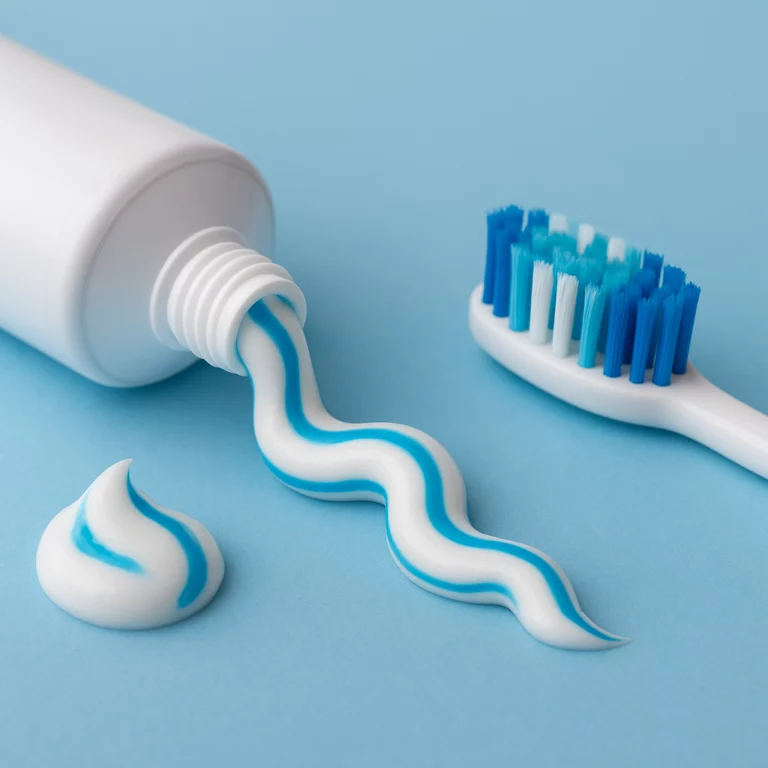Maintaining oral health, the choice of toothbrush hardness is more important than many people realize. Most consumers look at the size, design, or brand of a toothbrush.
However, the hardness of the bristles is crucial. It affects gum health, protects enamel, and improves cleaning efficiency. Selecting the right option can help prevent gum irritation, reduce enamel wear, and improve daily brushing comfort.
In this guide, we will explore the different levels of toothbrush hardness, their benefits, and how to match them to your oral-care needs.
What Does Toothbrush Hardness Mean?
Toothbrush hardness refers to the firmness of the bristles. Manufacturers typically classify bristles as soft, medium, or hard. The difference lies in the bristle diameter, density, and flexibility.
- Soft bristles: Gentle on gums and enamel, suitable for sensitive mouths.
- Medium bristles: Provide a balance between comfort and cleaning power.
- Hard bristles: Deliver strong scrubbing force but may damage enamel and gums if overused.
Understanding this classification helps consumers avoid unnecessary risks and choose a toothbrush that supports long-term oral health.
Why Toothbrush Hardness Matters
The wrong choice of toothbrush hardness can lead to long-term problems:
- Enamel wear: Hard bristles combined with aggressive brushing can erode protective enamel.
- Gum recession: Stiff bristles may push gums back, exposing sensitive tooth roots.
- Insufficient cleaning: Overly soft bristles may fail to remove plaque if not used correctly.
A PubMed study on bristle stiffness and abrasion confirms that harder bristles increase abrasion risk. This makes choosing the right hardness essential for balance between comfort and cleaning.
Types of Toothbrush Hardness Explained
1. Soft Toothbrushes
Soft toothbrushes are the most commonly recommended by dentists. The designers create thinner, more flexible bristles that protect enamel while gently cleaning the gumline.
- Best for: People with sensitive gums, children, orthodontic patients, or individuals prone to gum disease.
- Advantages: Reduces risk of irritation, safe for daily use, compatible with sensitive enamel.
2. Medium Toothbrushes
Medium bristles are slightly firmer, providing stronger plaque removal without being as abrasive as hard bristles.
- Best for: Individuals with healthy gums who want a deeper cleaning experience.
- Advantages: Balanced cleaning performance, effective for everyday use, suitable for those without sensitivity issues.
3. Hard Toothbrushes
Hard toothbrushes are less commonly recommended today because of their abrasive nature. While they can remove surface stains effectively, they may harm the gums and enamel if used with too much pressure.
- Best for: Specific cases such as heavy plaque buildup or stain removal (under professional advice).
- Disadvantages: High risk of gum damage, enamel erosion, and long-term sensitivity.
Factors to Consider When Choosing Toothbrush Hardness
When deciding which toothbrush hardness is right for you, consider the following factors:
- Gum sensitivity: If you often experience bleeding or swelling, opt for soft bristles.
- Enamel strength: For weakened enamel or sensitivity to hot and cold, soft bristles are safest.
- Brushing technique: If you brush aggressively, avoid hard bristles to prevent damage.
- Dental work: Orthodontic patients and those with crowns, implants, or veneers benefit from softer options.
- Personal comfort: The toothbrush you feel most comfortable using is often the best long-term choice.
Dentist Recommendations on Toothbrush Hardness
Dental professionals almost universally recommend soft toothbrush hardness for daily brushing. The goal of brushing is plaque removal, not scrubbing teeth harshly. Plaque is soft and does not require excessive force to remove.
Medium toothbrushes can be fine for people with strong enamel and healthy gums. However, people should only use hard toothbrushes in special cases and ideally with a dentist’s guidance.
Electric Toothbrushes and Bristle Hardness
Modern electric toothbrushes often combine oscillation or sonic vibration with soft bristles to maximize cleaning power while minimizing damage. Designers create them to do the work for you, so softer bristles generally suffice.
If you are thinking about getting an electric toothbrush, look at our OralGos collection. It has soft-bristle options for sensitive gums and good cleaning.
How to Test the Right Toothbrush Hardness for You
If you are unsure which option suits your needs:
- Start with soft bristles – They are safest for most users.
- Check gum response – If irritation decreases, you’ve made the right choice.
- Evaluate cleaning results – If plaque removal feels inadequate, try a medium bristle under dental guidance.
- Avoid experimenting with hard bristles unless specifically recommended by a dentist.
Final Thoughts on Choosing Toothbrush Hardness
The choice of toothbrush hardness can make a significant difference in your long-term oral health. Many people think firmer bristles clean better. However, soft toothbrushes are often more effective and safer for daily use.
Soft, medium, and hard toothbrushes each serve different needs. By picking the one that fits your dental condition, you protect your enamel, care for your gums, and enjoy a brighter smile.
Visit our OralGos toothbrush page to discover a professional range of brushes with optimal bristle hardness. Each option is safe, dentist-approved, and designed for every type of user.

